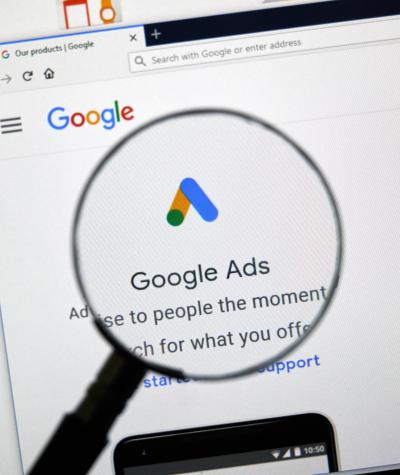Google announced that it would rescind the ban on political advertising that it has had in place since the violence at the Capitol on Jan. 6, 2021. Starting on Feb. 24, “[if advertisers] are otherwise policy compliant, then [Google’s] reviewers will approve the ad," said an email from Google obtained by Axios.
The article goes on to highlight how Google’s and Facebook’s, “bans over the past few months have meant that more advertisers have shifted dollars to other digital platforms, like smart TVs, that don't offer the same level of transparency.”
The ease with which advertisers can switch over to other platforms that have not created public ad archives shows why relying on online platforms to have their own digital ad archives is insufficient for promoting greater transparency.
We need across-the-board-regulations that require all online platforms to submit political ads to a government agency for inclusion in an archive to provide greater transparency about those ads.
After Russia used social media to secretly meddle in the 2016 and 2018 elections, large online platforms like Facebook and Google faced public criticism and congressional scrutiny. Consequently, they voluntarily decided to create political ad repositories.
These repositories have copies of all the ads that run on their platforms and information about whom the ads targeted, the amounts spent, and the groups that funded the ads.
While some individual platforms opting to maintain political ad archives is better than nothing, there are still clear downsides. These voluntary policies can be revised or rescinded at any time. The absence of a uniform, consistent, and legally enforceable approach makes both compliance and public access to information more complex, an undesirable outcome for both advertisers and the public.
Additionally, advertisers can migrate to other platforms to evade transparency requirements. During the 2020 elections, streaming service platforms, like Hulu, were popular among such advertisers. Most streaming services currently lack voluntary disclosure measures for political ads that run on their platforms.
Without such measures, it is difficult to know how much advertisers spent, and members of the public will remain in the dark about the content of these ads.
It also becomes a challenge to address misinformation, makes it difficult for candidates who are the subject of the ads to respond, and makes it harder for watchdogs, journalists, and law enforcement to track spending and detect potential campaign finance violations.
In August 2020, Campaign Legal Center (CLC) released a report that found over a dozen Democratic and Republican-affiliated super PACs or dark money groups that reported tens or hundreds of thousands of dollars in digital, “independent expenditures” to the Federal Election Commission (FEC), but for which none or only a fraction these ads could be located in Facebook or Google archives.
However, we should expect only some ads to be publicly accessible going forward if we continue to put the onus on individual platforms to voluntarily implement stronger disclosure measures.
Governments at the state, and federal level need to pass legislation that would apply to all online platforms. This would preferably be done by housing the archive within a government agency—like the FEC on the federal level—and requiring that political ad purchasers provide the information directly to that agency.
States like New York have already adopted legislation that places the obligation to maintain political ad archives on a state election agency, instead of platforms like Google or Facebook.
If such legislation were enacted on the federal level, voters could visit the FEC website and see all the FEC-reported digital ads disseminated by super PACs, rather than only that subset of ads run on big platforms that created public archives.
Such a model would make it harder to sidestep transparency, easier for journalists to track spending and monitor political messages, and easier for watchdogs and law enforcement to detect violations of campaign finance law.
Meanwhile, platforms could still be required to prevent evasion by collecting a copy of the information that ad purchasers must provide for the FEC and act to make that information available to the FEC upon request.
Having across-the-board regulations and a government agency responsible for housing a digital ad archive would ensure that a significant amount of paid digital political activity could no longer remain hidden from the public. Voters should be able to easily access information about which wealthy special interests are spending big money to influence our vote and our government.
